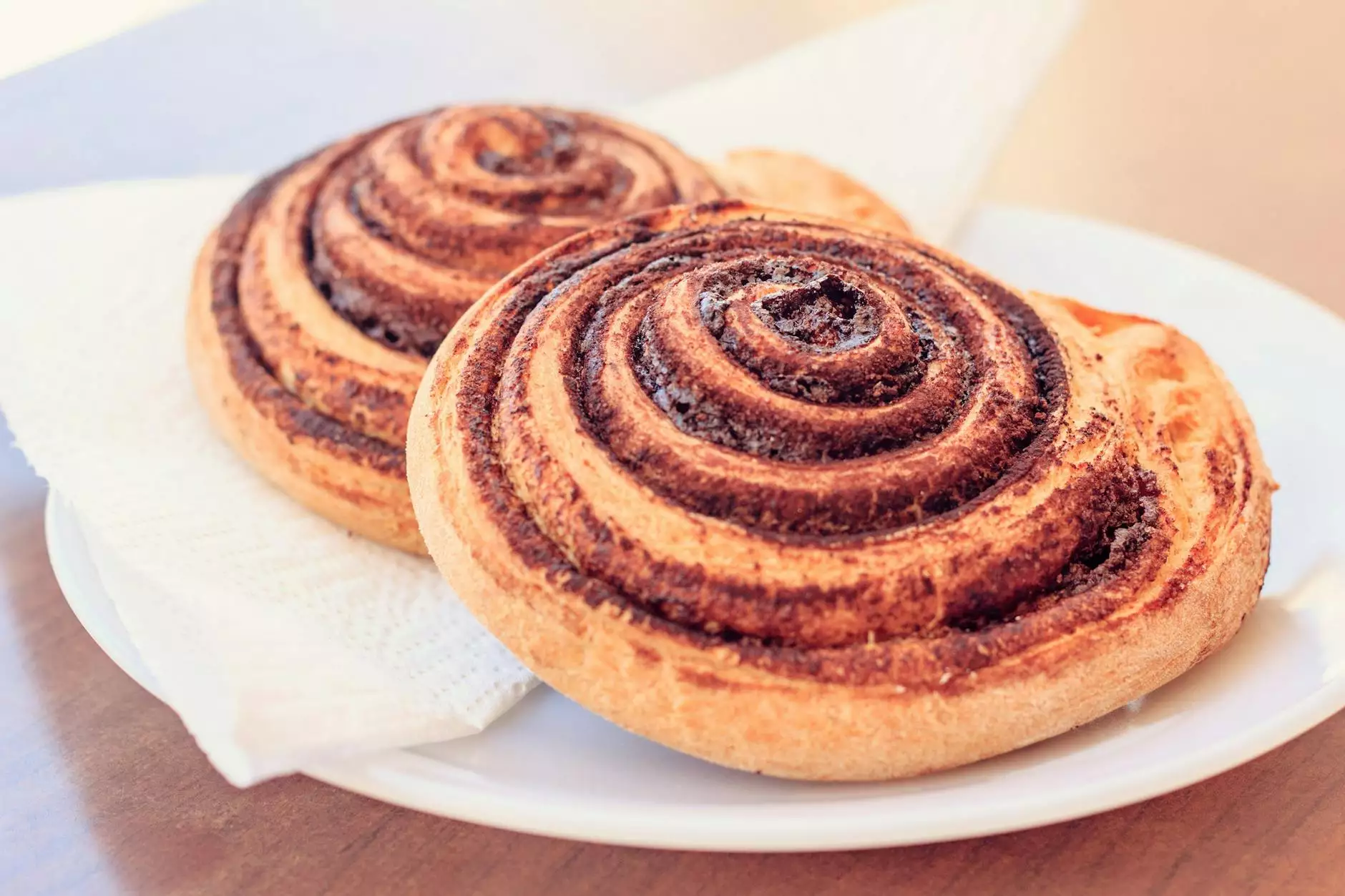The Comprehensive Guide to Understanding Bulk Sugar Cost

In the ever-evolving world of commodities, understanding the intricacies of bulk sugar cost is paramount for businesses looking to optimize their supply chain and pricing strategies. This comprehensive guide delves deep into what influences the cost of bulk sugar, the market dynamics, the implications for suppliers and buyers, and strategic tips for effective management of sugar procurement.
What is Bulk Sugar?
Bulk sugar refers to sugar that is sold in large quantities, typically for industrial use, food production, or retail packaging. This type of sugar comes in various forms such as granulated, powdered, or brown sugar, and can be sourced from multiple suppliers, including those from Brazil, who are known for being top sugar producers globally.
Factors Influencing Bulk Sugar Cost
The cost of bulk sugar is influenced by a myriad of factors. Understanding these factors can help businesses make informed decisions.
1. Supply and Demand Dynamics
The principle of supply and demand is fundamental to pricing. When sugar production exceeds market demand, prices typically drop. Conversely, if production is low due to environmental factors or policy changes, prices can spike. Brazil’s sugar production plays a significant role in this dynamic, as it is one of the leading exporters globally.
2. Seasonal Variations
Seasonality can greatly affect bulk sugar cost. Sugarcane harvest season is usually between April and November in Brazil. Prices can fluctuate based on the volume available during harvest versus demand. Businesses must plan their purchasing strategies around these seasonal trends.
3. Global Market Trends
Global events such as trade negotiations, tariffs, and international policies can significantly impact sugar pricing. For example, the imposition of tariffs on imports can constrain supply, thereby increasing costs. It's essential for businesses to stay informed about global market trends to anticipate changes in pricing.
4. Production Costs
Production costs include expenses related to farming, labor, transportation, and processing. These costs can vary greatly between regions and affect the final price of sugar. Factors such as labor strikes or increases in fuel prices can lead to higher costs, impacting the bulk sugar prices.
5. Quality and Type of Sugar
The type of sugar also influences its cost. For instance, organic or specialty sugars often come at a premium compared to standard granulated sugar. Businesses must evaluate their needs carefully, as this can impact budgeting and final product pricing. Understanding the different grades and types of sugar available is crucial for making sound purchasing decisions.
How To Source Bulk Sugar Wisely
Now that we’ve discussed what influences bulk sugar cost, let’s explore how businesses can source sugar strategically, ensuring cost-effectiveness and quality.
1. Establish Relationships with Trusted Suppliers
Building strong relationships with reputable suppliers, such as those found on brazilsugartopsuppliers.com, is essential. Open communication can help ensure that you are notified about price changes and supply issues in advance, allowing for better planning.
2. Evaluate Supplier Capabilities
When choosing a supplier for bulk sugar, it’s vital to evaluate their production capacity and reliability. Consider their ability to fulfill orders on time and maintain consistent quality. Regular audits and reviews can enhance trust and performance.
3. Monitor Market Conditions
Keeping an eye on market conditions and trends will enable you to make strategic purchasing decisions. Utilize market analysis reports and subscribe to industry newsletters to stay informed about bulk sugar cost fluctuations and forecasts.
4. Make Use of Contracts
Long-term contracts can lock in prices, providing stability against market volatility. This is particularly beneficial for businesses that require consistent supply levels and wish to mitigate the risks associated with price hikes.
5. Diversify Your Sugar Sources
Relying on a single supplier or source can be risky. By diversifying suppliers, you reduce dependence and enhance your supply chain's resilience. This approach not only helps maintain consistent pricing but also ensures that alternative sources are available during shortages or disruptions.
The Future of Bulk Sugar Costs
As the market continues to evolve, the future of bulk sugar cost will likely be shaped by several emerging trends:
1. Increased Demand for Sustainable Products
There is a growing trend toward sustainability in food production. Consumers are increasingly seeking organic and sustainably sourced products, which could potentially increase prices for such sugar. Suppliers who can meet these demands may find they can command higher prices for their products.
2. The Impact of Technology
Advancements in agricultural techniques and processing technology can lead to more efficient sugar production. Technological improvements simplify processes, potentially lowering production costs and impacting overall market prices.
3. Regulatory Changes
Changes in government policy and international trade agreements may significantly affect global sugar markets. Keeping abreast of these developments will be crucial for businesses that rely on consistent supply and pricing.
Conclusion
Understanding bulk sugar cost is essential for any business involved in sugar procurement. By grasping the factors that influence prices, sourcing strategically, and anticipating market changes, companies can optimize their purchasing strategies for better economic outcomes. With sugar being a fundamental ingredient in countless products, mastering the logistics and economic landscape of sugar procurement can yield significant advantages in today’s competitive market. Always remember, engaging with reliable suppliers such as those highlighted at brazilsugartopsuppliers.com can help secure not only better pricing but also quality assurance in your sugar supply chain.






